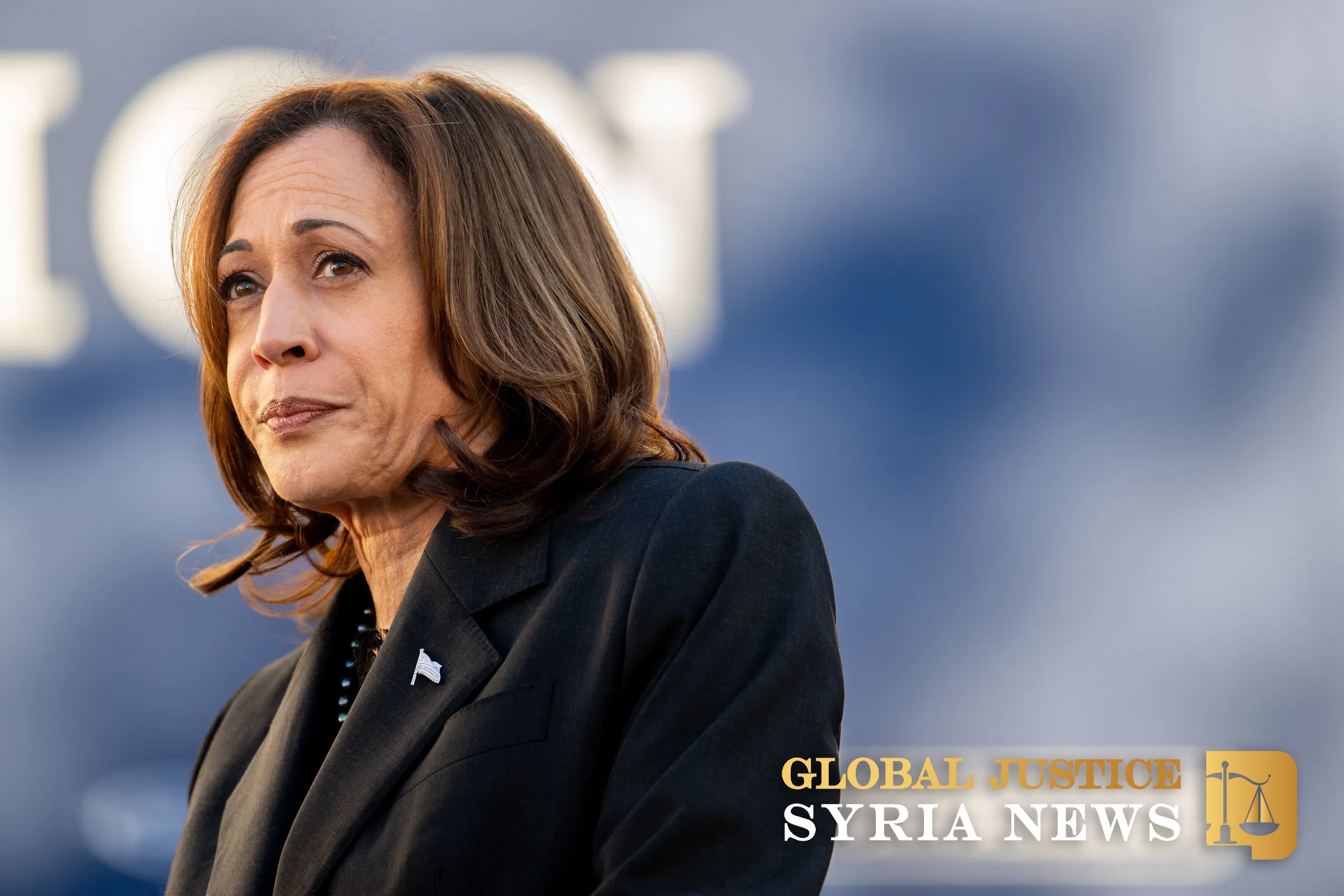As the 2024 election approaches, Republicans are increasingly optimistic about their chances to win over Michigan’s Arab American voters, especially in light of frustrations with Vice President Kamala Harris and the Biden administration’s handling of Middle East policy. Hamtramck Mayor Amer Ghalib’s recent meeting with Donald Trump highlights this growing momentum, with many Arab American voters feeling disillusioned by the Democrats’ stance on the Israel-Gaza conflict.
Recent polling data reveals that while Harris is leading Trump among women, she is struggling to gain traction with male voters, including Arab American men. In several battleground states, Trump holds a significant advantage with male voters, in some cases leading by double digits. This widening gap is a concern for Democrats, especially in Michigan, where the Arab American community’s focus on Middle East policy is critical.
Michigan’s Arab American community, centered in cities like Dearborn and Hamtramck, has traditionally leaned Democratic. However, dissatisfaction with U.S. foreign policy, particularly regarding the ongoing crisis in Gaza, has sparked a shift. Ghalib, a Yemeni American who has been a vocal supporter of Palestinian rights, met with Trump in Flint, reflecting the Republican Party’s focused outreach to Arab and Muslim voters.
Ghalib, who supported renaming a street in Hamtramck to “Palestine Avenue” and advocated for the city’s resolution to divest from Israel, has been critical of the Biden administration’s unwavering support for Israel. His meeting with Trump is part of a larger effort to align with a candidate who Arab American voters believe will better address their concerns about the Middle East. The positive response from the community following Ghalib’s meeting with Trump reflects a growing trend of Arab Americans gravitating towards the Republican Party.
Hassan Aoun, a Republican activist in Dearborn, highlighted this shift, saying, “A lot of people are moving to the right,” referring to Arab American voters in his community. Issues such as U.S. involvement in Gaza, along with frustrations over Democratic policies on social issues like LGBTQ+ content in public schools, have further alienated this voting bloc. Aoun noted that Trump’s strong stance on not engaging in new wars is particularly appealing to voters who have grown weary of prolonged U.S. involvement in Middle Eastern conflicts.
Ghalib’s willingness to engage with Trump contrasts with the growing discontent Arab American Democrats are facing. For example, Wayne County Deputy Executive, Assad Turfe received backlash from the community after endorsing Harris, illustrating the tension within the Arab American electorate. While some Democratic officials have tried to rally support, many Arab Americans feel their concerns are not being adequately addressed, especially when it comes to U.S. foreign policy toward Gaza.
The Biden-Harris administration has prioritized domestic issues in its campaign, but Arab American voters are more focused on foreign policy, particularly the humanitarian crisis in Gaza and the broader Israeli-Palestinian conflict. Trump’s campaign has recognized this shift and has made targeted efforts to win over these voters. Trump’s meeting with Ghalib, along with outreach from his advisers, signals a concerted push to court this key demographic.
As the race tightens in Michigan, the growing dissatisfaction among Arab American voters could prove pivotal. With Republicans actively appealing to these voters and Trump positioning himself as a strong alternative on Middle East policy, Harris faces an uphill battle.



















